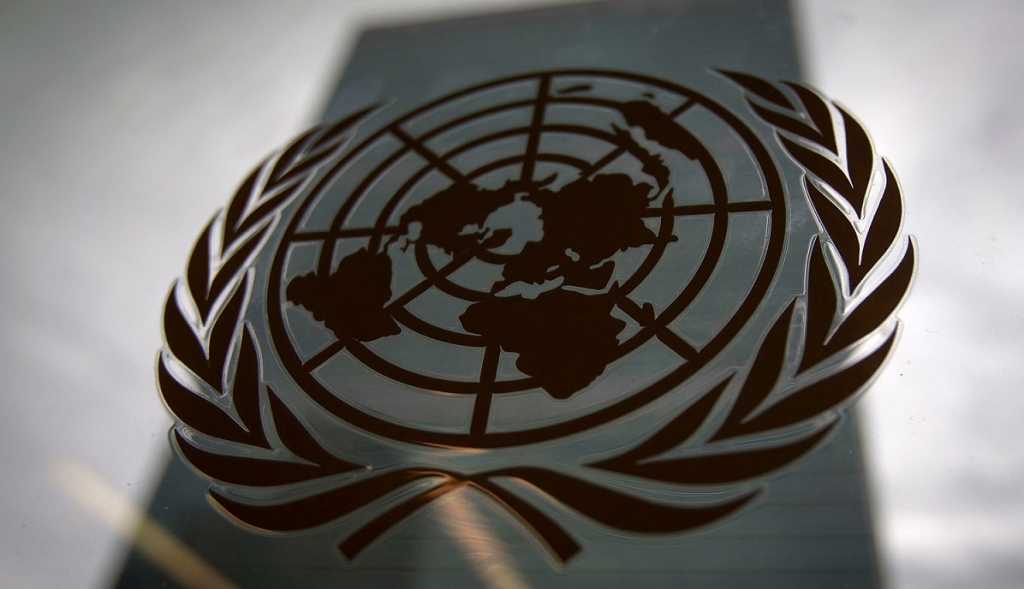Statement by Representative of the Russian Federation Mr.Andrey Belousov in the First Committee of the 76th session of the UN General Assembly at the Thematic Debate on “Other disarmament measures and international security”
Mr. Chair,
Colleagues,
Ensuring security in the use of ICTs is one of the most pressing and complicated issues on the agenda of the UN negotiation process. This is hardly a surprise since national security interests of all 193 UN Member States are at stake. This makes the year 2021 even more unique and significant: despite divergent positions, the international community has managed to find common ground and agree by consensus upon the final reports of the Open-ended Working Group (OEWG) and the Group of Governmental Experts (GGE).
We are witnessing a truly historic moment when the atmosphere of constructive consensus has finally been reestablished in the global discussion on international information security under the UN auspices. We believe it is essential to effortlessly preserve this positive and pragmatic attitude in this negotiation process, thus, taking it to a new level.
Guided by these considerations, Russia suggested adopting a single resolution on international information security in the First Committee of the UNGA 76lh session this year. Our initiative was supported by the United States. By joint efforts of the two countries, which initiated the establishment of the first OEWG and the sixth GGE, we managed to elaborate a common document that was officially tabled in the First Committee on 6 October 2021 by Russia and the US as its main sponsors.
Even the title of the Russian-American draft resolution - “Developments in the field of information and telecommunications in the context of international security, and Advancing responsible state behavior in the use of ICTs” - makes it obvious that the document is crafted in a unifying, objective and non- conffontational manner.
It fixes the positive outcomes of the OEWG and the GGE and recommends the final reports of the two groups as guidance for all UN member states in their use of ICTs. Approved language of these reports and that of the UN General Assembly resolutions (70/237, 75/32 and 75/240) provided the basis of the joint document.
The draft resolution expresses support for the OEWG on security of and in the use of ICTs 2021-2025 and reaffirms its mandate, as set forth in UNGA resolution 75/240. Future negotiations within the new Group will be conducted with due account for the outcomes of the previous OEWG and GGEs, will be result-oriented and, as before, based on the principle of consensus.
The document also reflects such indisputable principles of ensuring international information security as promoting peaceful use of ICTs, preventing their use for criminal and terrorist purposes, and preventing conflicts in information space. The possibility of developing additional rules, norms and principles of responsible behavior of States, including additional binding obligations, was confirmed.
In general, while consolidating a number of important substantive elements, the Russia-US initiative also has strategic significance. The adoption of such a document allows to draw a line under the period of parallel existence of two platforms on international information security within the UN and to fulfill the aspiration of the global community to return to a single track negotiation process on these issues.
At this stage, the OEWG that has already proven its efficiency and relevance seems to be an adequate format for continuing this work under the UN auspices. This mechanism allows every state without exception to participate directly in the decision-making process on issues that affect their national security interests, as well as to discuss any initiatives of states in the field of international information security on a truly democratic, open and transparent basis. It is our firm conviction that this approach will allow the international community to achieve practical and tangible results in the cause of maintaining peace, security and stability in the ICT- field.
To conclude, I would like to highlight that such an unprecedented step - the submission of a Russia-US draft resolution in the First Committee - has become possible largely because of the ability of our countries to put aside our political divergences and to opt for a pragmatic, constructive and responsible approach. We hope that, in the end, this will be an agreement not just between the two of us, but an agreement of 193 countries. We call on all the UN member states to support the joint document, including by means cosponsoring it. We expect that adopting this resolution by consensus will open up new horizons in the global discussion on international information security.
